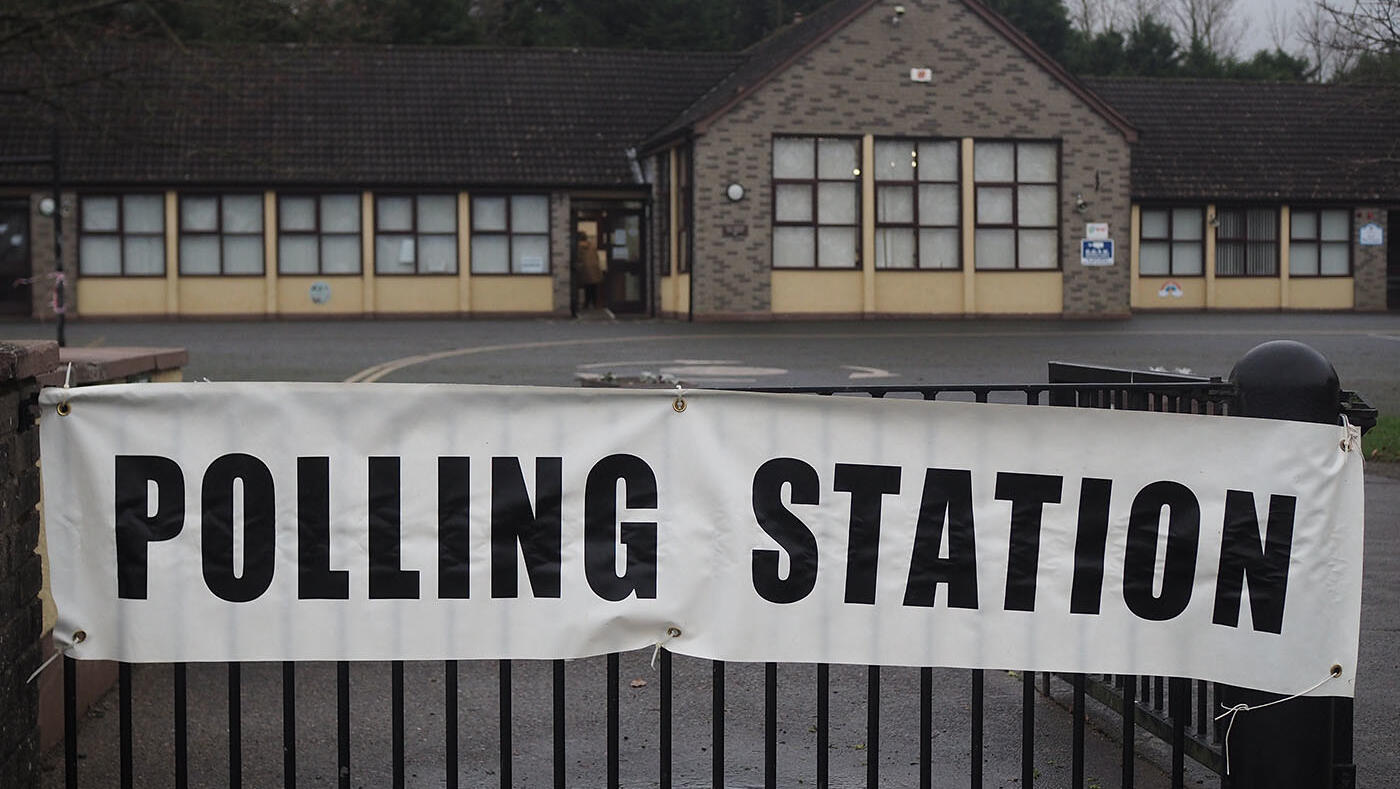Ireland's election seems to have secured a victory for the incumbent centre-right parties, viewed as a win for the business community but causing voter dissatisfaction amid social issues.
The country is prime to buck the trend in other elections across the world by putting outgoing centrist government parties in a position to go back to top power.
Analysts are predicting that the centre-right parties, Fianna Fáil and Fine Gael will win more than 80 seats between them, putting them close to the finish line of 88.
Left-leaning party, Sinn Féin failed to pull as many voters to the polls due to not addressing the frustrations of the Ireland public, according to the dean of Dublin’s Trinity Business School Laurent Muzellec.
“It appears Sinn Féin haven’t captured this sense of frustration, seen in the fact that there was a low voter turnout of 59%.”
One of those issues causing frustrations is the dire housing crisis, which has caused an increase in homelessness particularly in Dublin.
The Fianna Fáil and Fine Gael have made some commitments to increase housing supply, however the nature of the repeated coalition forming means it is unknown which elements of the manifesto are going to be enacted.
Ageing infrastructure is another issue for the country, with the government pledging to use the unexpected 13-billion-euro (A$21 billion) windfall they received from Apple in back taxes earlier this year to improve the situation.
Economists have also questioned whether the country faces an economic threat from Donald Trump’s re-election in the U.S., with economists Andrew Kenningham and Jack Allen-Reynolds of Capital Economics saying Ireland is the most vulnerable to the loss of U.S. trade of all eurozone members.
“The economy may also be affected by U.S. corporate tax cuts if they persuade U.S.-based multinationals to shift their operations back from Ireland to the US,” Kenningham said.
“That said, we remain optimistic about Ireland’s economic prospects given its other strengths.”
Muzzelec said to CNBC the election results confirm that there is no sign of significant political movement in Ireland demanding a shift from its very open economy.
“(Ireland is) still a good place to do business, still open to global companies, and as pro-business as it has been for the last 30 or 40 years,” he said.
